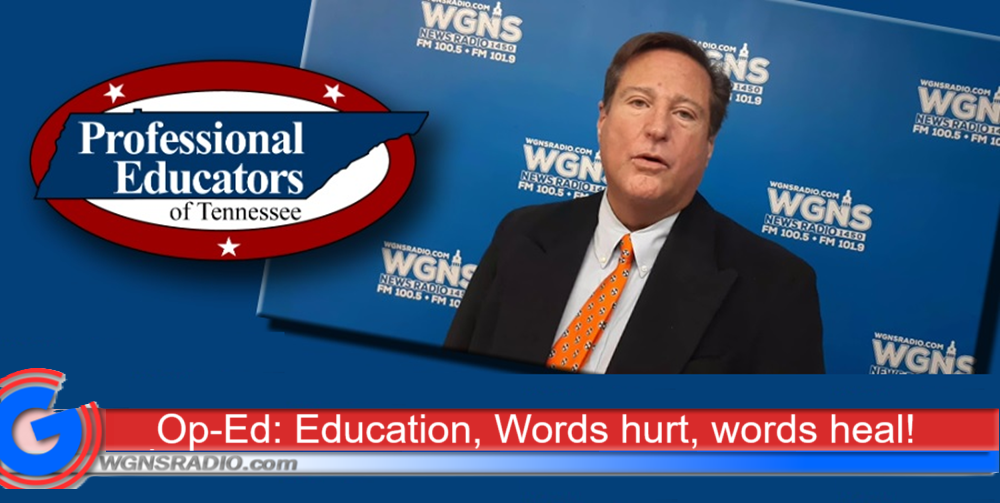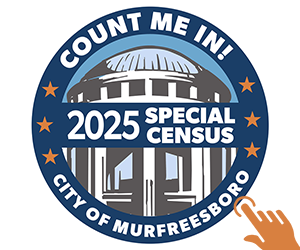Murfreesboro, TN - The impact of our words is profound. They represent the most potent force at our disposal as humans. We can wield this power constructively, uplifting others, or destructively, causing harm. Just a handful of words can inflict pain, and while those wounds may eventually heal, the scars often remain.
Many believe that Tennessee public schools are filled with radical educators using their resources—classrooms—for political purposes. However, that narrative is inaccurate and is often used by lawmakers to gain power and control the narrative. This has a certain Justice Potter Stewart feel to it, explaining the definition of obscenity: “I can’t define it, but I know it when I see it.”
Schools often become political battlegrounds, reflecting the values and ideologies of various groups. Politicians and interest groups engage in contentious debates over education policies, funding, and curriculum choices, which can ultimately affect the quality of education. It is essential to strive for a balanced education system that prioritizes the needs and well-being of students over political agendas.
Are some teachers liberal? Indeed, many are very conservative as well. They reflect the views found in their community and the general population. Since 2010, Republicans have held control of the Tennessee General Assembly and the Governor’s Office. Governors appoint the Commissioner of Education, who has influenced education policies in Tennessee for the past 14 years. They are now responsible for the education issues and challenges of these policies.
Curricula design and implementation can differ widely due to state standards and district policies, often overlooking individual teacher preferences. States establish standards, approve instructional materials, and influence teacher preparation and professional development. A well-structured curriculum should align with these standards, guiding educators to ensure students acquire the essential knowledge and skills for their grade level. However, educators need flexibility, as varying curriculum deployment can impact educational quality.
Initially, public education aimed to foster a literate American citizenry capable of participating in democracy. Our founders recognized that for citizens to shape government through elections, they needed a solid knowledge base. Public education is still part of the solution, as today's challenges stem not from a lack of funding but from a lack of trust in our institutions, including government and education.
Let’s be clear: there will never be a one-size-fits-all model for public education, and no single academic model can work in a state or nation with a diversified population. That is why it is critical to collaborate among educators, parents, citizens, and businesses to transform education at local levels based on the needs of each community. That is absolute local control.
Over the years, I have been critical of many things in public education, including lack of focus, poorly defined goals, disagreement with curriculum, and outside political influence. However, I have always tried to do what my wife always advised: “If you are going to criticize, offer a solution.” Teddy Roosevelt said, “It is not the critic who counts,” but “the man who is actually in the arena.”
Critics of public education often focus on the wrong issues, relying on incomplete or faulty information. Many lack knowledge in the areas they critique, which is concerning.
While public education isn't without faults and should continue evolving, we must avoid being change-resistant. With 90% of children educated in public schools, citizens should support public education. We must be transparent. A successful education system is essential for our children's future and the economy. This message deserves more focus.
Your words hold incredible power and can impact the lives of those around you—family, friends, educators, and children. You can choose to uplift and inspire or to harm and diminish. Remember, once spoken, words cannot be taken back. Be mindful of your language, whether as an educator or a policymaker.
JC Bowman is the Executive Director of Professional Educators of Tennessee, a non-partisan teacher association headquartered in Nashville, Tennessee. Permission to reprint in whole or in part is hereby granted, provided that the author and the association are properly cited.





